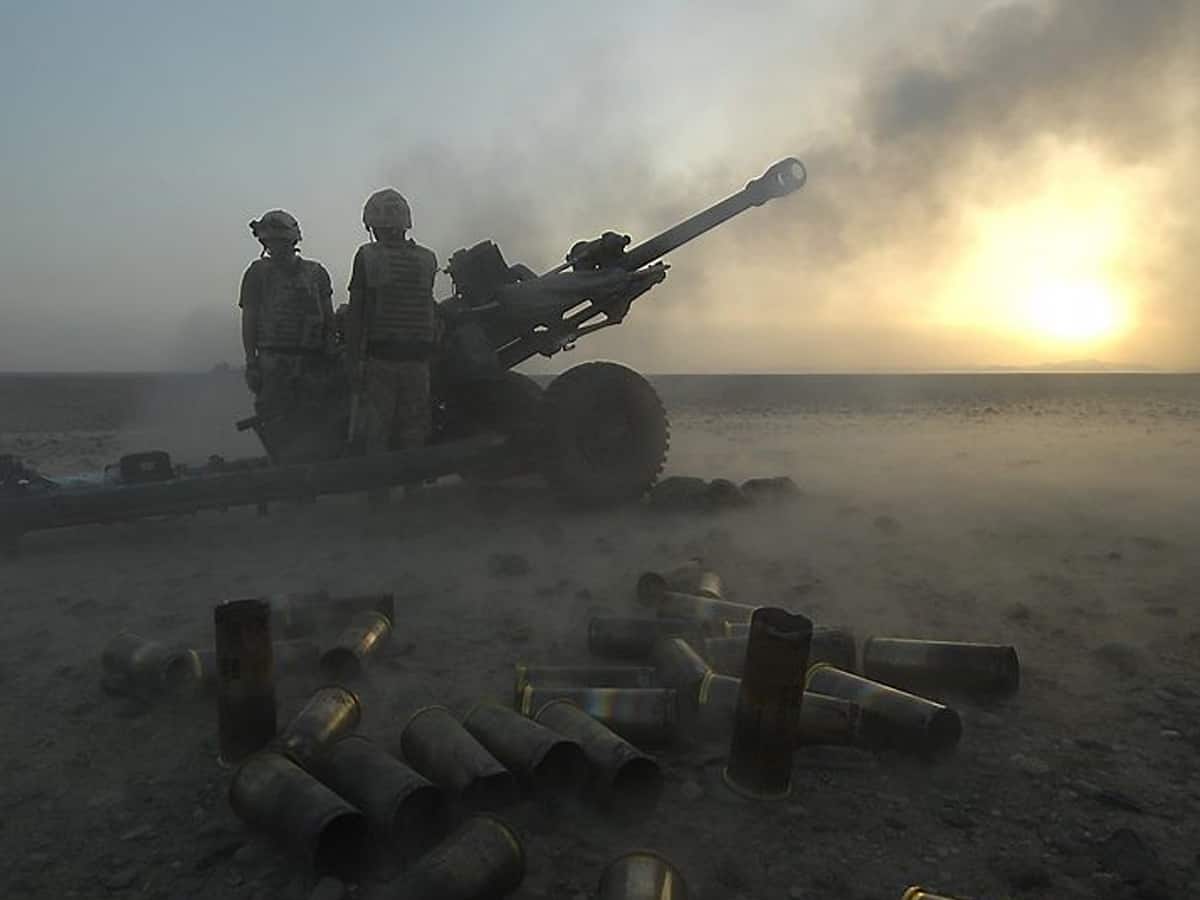Islamabad: Senior Afghan leaders are in the Middle Eastern state of Qatar talking peace with the Taliban, whose leader on Sunday issued a statement saying the insurgent movement wants a political settlement to Afghanistan’s decades of war.
Still, there are few signs of a political agreement on the horizon, as the battles over Afghan districts continue in dozens of provinces and in the cities there are thousands seeking visas to leave.
Most are frightened that the final withdrawal of U.S. and NATO troops after nearly 20 years will plunge their war-ravaged nation into deeper chaos.
Militias with a brutal history have been resurrected to fight the Taliban but their loyalties are to their commanders, many of whom are U.S.-allied warlords, whose followings are often ethnic-based.
This has raised the specter of deepening divisions between Afghanistan’s many ethnic groups. Most Taliban are ethnic Pashtuns and in the past there have been brutal reprisal killings by one ethnic group against another.
Meanwhile in his statement ahead of Tuesday’s Eid al Adha Islamic holiday, Mawlawi Hibatullah Akhundzada, the Taliban leader, said the Islamic Emirate, as the Taliban called their government during their rule that ended with the U.S.-led coalition invasion in 2001, favoured a political settlement.
In spite of the military gains and advances, the Islamic Emirate strenuously favours a political settlement in the country, and every opportunity for the establishment of an Islamic system, he said.
But there are no signs that either side has softened its position, even as the highest-level delegation ever sent by Kabul, headed by Abdullah Abdullah, the chief of the country’s national reconciliation council, is in Doha to jumpstart peace negotiations that have lay dormant for months.
Akhunzada’s statement refers repeatedly to the Islamic Emirate and yet that name is a source of contention. Earlier this year in Moscow the United States, Russia, China and Pakistan signed a joint statement saying they did not support a return to the Islamic Emirate and yet the Taliban have been steadfast in their refusal to accept the Islamic Republic as Afghanistan’s name.
Akhunzada’s statement referred to the imposition of an Islamic system without explaining what that meant and how that differed from the system of the Islamic Republic of Afghanistan.
He promised to support education, but for girls he said the Islamic Emirate will . . . strive to create an appropriate environment for female education within the framework of sublime Islamic law.
He didn’t say how that differed from the educational institutions that have been created over the last 20 years and whether women would be allowed the freedom to work outside their home and move freely without accompanied by a male relative.
He said the Taliban have ordered their commanders to treat civilians with care, to protect institutions and infrastructure, yet cases have emerged of schools being burned and women restricted to their homes and some government buildings even blown up.
The Taliban have denied reports of destruction by their commanders saying that the footage being shown is old and accuses the government of propaganda.
Meanwhile in Doha a first round of talks was held on Saturday, with a second round to start late Sunday afternoon.
Washington’s peace envoy Zalmay Khalilzad is also in Doha and at a conference last week in Tashkent expressed a hope for a reduction in violence and possibly a three-day cease-fire over the Eid holidays.
With the U.S. withdrawal more than 95 per cent complete, Afghanistan’s future seems mired in uncertainty.

